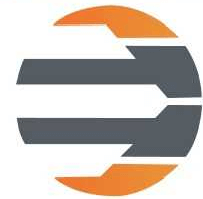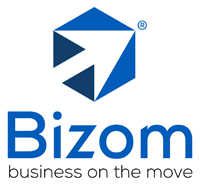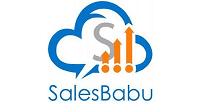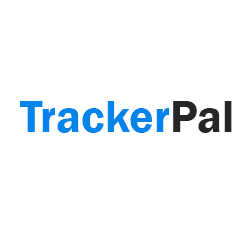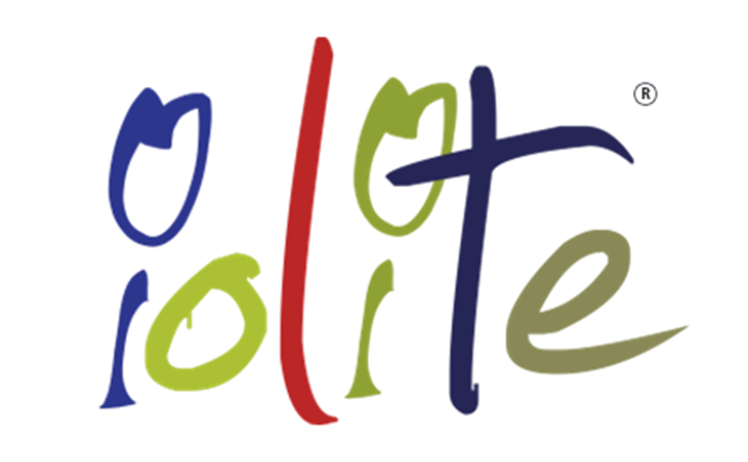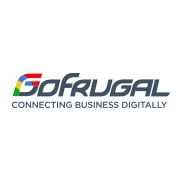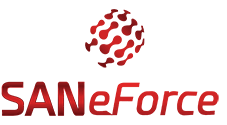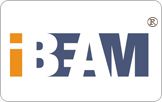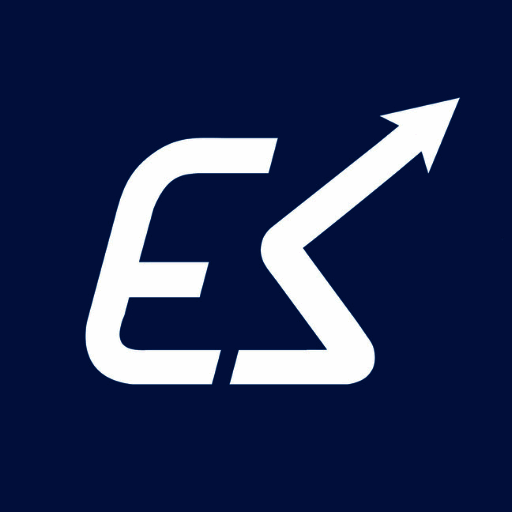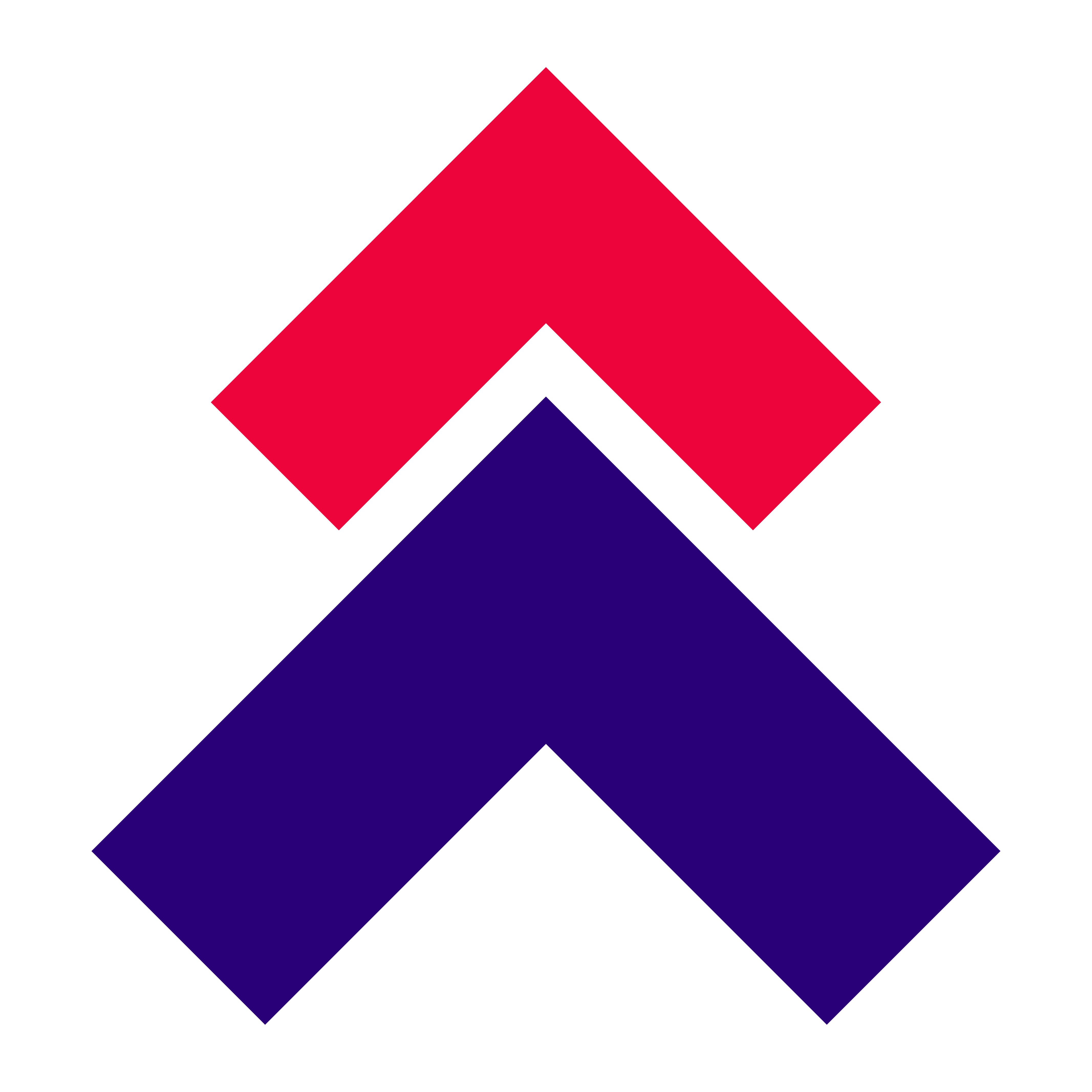What Is FMCG Software?
FMCG software, often known as Fast-Moving Consumer Goods software, is a type of software built specifically to help organizations in the FMCG industry manage and streamline their operations. Food, beverages, cosmetics, and household products are examples of fast-moving consumer goods (FMCGs). This type of software is essential for FMCG organizations since it provides effective solutions for monitoring and tracking sales, inventory, supply chain, and other critical procedures.
Businesses can use FMCG software to automate activities, improve productivity, and decrease manual errors, resulting in higher profitability. One of the most important characteristics of FMCG software is the ability to control inventory levels in real time. This allows firms to avoid overstocking or stockouts, which can be costly to the organization.
The software also delivers precise sales and forecasting data, helping organizations to plan production and purchases more effectively. Furthermore, FMCG software includes tools for demand planning and supply chain management, helping businesses to improve their operations and assure timely product delivery to clients. It also monitors expiration dates and shelf lives to ensure that products are sold before they expire. Another important feature of FMCG software is its sales and distribution management capabilities.
It streamlines the entire process, from order entry to delivery, providing effective order processing and tracking of sales performance. Furthermore, FMCG software provides analytics and reporting functions that help organizations understand their operations and sales patterns. This aids in making data-driven decisions, which improve overall efficiency and profitability.
There are several types of FMCG software on the market, ranging from simple inventory management applications to full enterprise resource planning (ERP) solutions. When considering acquiring FMCG software, it is critical to assess your company's specific demands and budget in order to locate a solution that meets your specifications.
What Are The Recent Trends In FMCG Software?
As the fast-moving consumer goods business grows and evolves, demand for FMCG software has increased significantly. As a result, numerous critical trends have evolved in the FMCG software industry, and buyers must be aware of them when contemplating acquiring a software solution for their company.
1. Real-Time Data Analysis: One of the most significant trends in FMCG software is the emphasis on real-time data analytics. In order to remain competitive in today's market, businesses must have a thorough awareness of their customers' purchasing habits, interests, and behaviors. FMCG software with real-time data analysis capabilities enables organizations to access and analyze data in real time, allowing them to make informed decisions and respond rapidly to changing market conditions.
2. Integration Of Digital Platforms: With the advent of e-commerce and online purchasing, FMCG companies are increasingly searching for ways to integrate their software with digital platforms like online marketplaces and social media. This not only streamlines procedures and improves productivity, but it also enables businesses to reach out to customers in new and inventive ways.
3. Demand Planning And Forecasting: Another important development in FMCG software is an emphasis on accurate demand planning and forecasting. With continually changing consumer demand and supply chain interruptions, organizations must have a dependable forecasting system in place. Advanced FMCG software solutions provide demand planning capabilities, which employ machine learning and AI algorithms to precisely estimate future demand, allowing firms to optimize inventory levels and eliminate waste.
4. Cloud-Based Solutions: The era of on-premise software installs is over. Cloud-based FMCG software solutions are quickly gaining popularity because they provide greater flexibility, scalability, and cost-effectiveness. This enables organizations to access their software from anywhere and at any time, eliminating the need for costly hardware and IT assistance.
5. Focus On data security: With an increasing amount of sensitive data being kept and processed by FMCG software, there is a greater focus on data security. FMCG organizations are now searching for software solutions that have strong security features such as encryption, data backups, and user access controls to safeguard their data and maintain compliance with privacy laws.
Benefits Of Using FMCG Software
FMCG (Fast-Moving Consumer Goods) software, often known as CPG (Consumer Packaged Goods) software, is a specialist technology created for enterprises in the FMCG market. This type of software has a number of advantages that can considerably increase the efficiency and productivity of your business operations.
we'll go over the top benefits of adopting FMCG software and why it's necessary for your organization.
1. Streamlined Supply Chain Management: FMCG software includes characteristics that allow for more efficient supply chain management. It aids in inventory management, order processing, and distribution by ensuring that the correct products are available at the appropriate time and location. Real-time inventory tracking allows organizations to avoid overstocking or stock-outs, resulting in wiser and more effective decision-making.
2. Improved Sales And Marketing: FMCG software provides sales and marketing solutions to help firms engage with their clients more successfully. Businesses can boost their ROI by targeting the correct audience with capabilities such as customer segmentation, targeted marketing campaigns, and sales analytics. It also aids in tracking consumer trends, allowing businesses to respond to shifting market demands.
3. Enhanced Data Management: Data is critical in the FMCG industry, yet it can be difficult to manage successfully. FMCG software provides unified data management, making it easier to track and evaluate numerous company metrics such as sales, inventory, and manufacturing. It also gives reliable and real-time data, allowing for more informed business decisions.
4. Improved Efficiency And Productivity: FMCG software automates many boring operations, such as data entry and inventory tracking, allowing employees to focus on more important responsibilities. It also decreases human mistake, resulting in more accurate data and higher operational efficiency. Businesses can save time and effort by using features such as barcode scanning and real-time alerts, which will increase productivity.
5. Cost Savings: Investing in FMCG software may appear to be an additional expense, but in the long run, it can result in huge cost savings. This software's efficiency and automation can help businesses cut labor expenses, prevent inventory losses due to spoilage or expiration, and streamline operations, resulting in enhanced profitability.
Important Factors To Consider While Purchasing FMCG Software?
When it comes to selecting FMCG software, there are numerous key elements to consider in order to make the best option for your company. As a professional content writer in the technology field, I've developed a list of important factors that every buyer should bear in mind.
1. Business Demands: The first step in selecting the best FMCG software is to examine your company's demands. Consider your specific requirements and processes, and compile a list of features that are critical to your operations. This will allow you to narrow down your selections and find software that is ideal for your organization.
2. Scalability: As your company grows and expands, so will the volume of its FMCG sales. It is critical to select software that can support this expansion and is scalable. This will save you the headache of switching to new software in the future, as well as help you save money.
3. Usability: When it comes to FMCG software, having an easy-to-use interface is essential. Your staff should be able to effortlessly navigate the software and complete their tasks efficiently. It also saves time and money on training new personnel.
4. Integration: Another important element to examine is whether the program is compatible with your existing systems. To avoid disruptions to your business processes, ensure that it integrates seamlessly with your existing ERP, CRM, or accounting software.
5. Mobile Accessibility: In today's digital age, you must be able to access your business data while on the road. Look for FMCG software that is mobile-friendly, so you can manage your sales, inventory, and other activities from anywhere at any time.
6. Security: When sensitive data is involved, it is critical to ensure that the software you choose has strong security mechanisms in place. To protect your business data, look for features like data encryption, user permissions, and scheduled backups.
7. Customer Support: When you buy FMCG software, you are investing not just on a product but also in a long-term relationship. Choose a vendor who provides dependable customer assistance to assist you in the event of any problems or questions.
8. Pricing: Finally, assess the software's pricing and whether it fits within your budget. Consider any additional charges, such as upgrades, maintenance, and support fees, before making your final decision. Finally, by considering these aspects and thoroughly researching your options, you will be able to make an informed decision when selecting FMCG software for your firm. Remember that the correct software may help you optimize your processes, increasing efficiency, production, and profitability.
What Are The Key Features To Look For In FMCG Software?
When it comes to selecting the best FMCG software for your company, certain crucial features must be examined. These elements are required to provide effective management of your fast-moving consumer goods (FMCG) firm.
we'll go over the key characteristics you should look for in FMCG software.
1. Inventory Management: Inventory management is a key aspect to look for in FMCG software. This includes capabilities such as inventory tracking, demand forecasting, and effective stock level management. The program should also be able to provide reports and warnings for low stock levels, so you can keep track of your inventory at all times.
2. Sales And Distribution Management: FMCG companies rely largely on efficient sales and distribution management. Look for software with capabilities such as order management, invoicing, and route optimization. This will help you streamline your sales and distribution processes, resulting in greater efficiency and client happiness.
3. Supply Chain Management: With such a complex supply chain, having software that can properly manage it is critical. Look for capabilities such as supply chain visibility, order tracking, and supplier management. This allows you to track your orders, ensure timely delivery, and manage your suppliers more efficiently.
4. Analysis And Reporting: To make informed business decisions, you must have access to accurate data and reports. Look for FMCG software with comprehensive analytics and reporting capabilities. This will enable you to track critical parameters such as sales performance, inventory turnover, and customer behavior, allowing you to make data-driven decisions.
5. Mobile Compatibility: With the growing use of mobile devices, having software that is compatible with them is essential. This will allow you to monitor your business and make required modifications while on the go, ensuring that operations run smoothly even when you are not present at your desk.
6. Integration: An optimal FMCG software should be compatible with other systems and software that you use in your firm. This could include accounting software, ERP, or CRM. Integration enables seamless data flow between systems, lowering the risk of errors and saving you time.
7. Scalability: As your company grows, your software should be able to scale with it. Look for FMCG software that can meet your current requirements while also being adaptable to future business needs.
Why Do Businesses Need FMCG Software?
FMCG (Fast-Moving Consumer Goods) companies deal with products that have a high turnover rate, such as packaged food, beverages, cosmetics, and household items. Managing the processes involved in the production, distribution, and sales of these goods can be complex and time-consuming without the use of a specialized software. In this buyer's guide, we will discuss the key reasons why businesses need FMCG software and how it can improve their operations.
1. Improved Efficiency And Productivity: One of the main reasons businesses need FMCG software is to improve efficiency and productivity. The software automates routine tasks such as inventory management, order processing, and sales tracking, reducing the need for manual labor. This frees up time for employees to focus on more important tasks, which ultimately leads to increased productivity.
2. Real-Time Data Analysis: FMCG software provides real-time data analysis, giving businesses access to accurate and up-to-date information about their operations. This allows them to make informed decisions based on data-driven insights, rather than relying on guesswork. Real-time data analysis also helps businesses identify and rectify any issues in their supply chain or sales processes promptly.
3. Inventory Management: Inventory management is crucial for FMCG companies as they deal with perishable goods that have a short shelf life. FMCG software helps businesses monitor inventory levels, track expiration dates, and manage stock levels accurately. This reduces the risk of overstocking or stockouts, leading to better management of resources and reduced costs.
4. Streamlined Sales Processes: FMCG software streamlines the entire sales process, from order placement to delivery, enhancing customer experience. With features like automated order processing, route optimization, and delivery tracking, businesses can ensure timely and efficient delivery of goods, ultimately leading to improved customer satisfaction.
5. Better Supply Chain Management: FMCG companies rely heavily on their supply chain to get products to the market on time. FMCG software integrates with suppliers, distributors, and retailers, enabling businesses to manage their supply chain effectively. This results in improved communication and collaboration between all parties, leading to more efficient operations.
How Much Time Is Required To Implement FMCG Software?
The implementation time for FMCG (Fast Moving Consumer Goods) software varies according to a company's individual demands and requirements. The usual implementation period ranges from a few weeks to a few months, with some larger and more complicated companies taking up to a year to complete. The size of the firm, the number of departments or processes involved, and the level of customization required are all important considerations that might influence the time it takes to deploy FMCG software.
A smaller corporation with fewer departments and simpler processes may be able to adopt the software in less time than a larger organization with several departments and complex processes. Companies should perform a thorough audit of their present systems and procedures before installing FMCG software.
This will assist in identifying any potential issues or impediments that may affect the implementation timeframe. Furthermore, integrating all key departments and stakeholders in the planning and implementation process can assist speed up the process and guarantee that all needs and criteria are addressed. The implementation process usually consists of multiple steps, including data migration, software configuration and modification, and user training.
What Is The Level Of Customization Available In FMCG Software?
The level of customisation offered by FMCG (Fast-Moving Consumer Goods) software varies based on the software provider. In general, FMCG software provides a high level of flexibility, allowing organizations to adjust it to their own needs and operations. One of the most common areas of customisation is data management. FMCG software allows customers to organize and track data based on their individual needs.
This includes the ability to build custom fields, categories, and tags, as well as establish customized data hierarchies. Another area where FMCG software allows for customisation is in reporting and analytics. Businesses can design customized reports and dashboards to track key performance indicators (KPIs). This enables a more in-depth analysis of sales success, inventory levels, and consumer behavior.
Furthermore, FMCG software frequently includes customisation in terms of integration and interoperability with other systems, such as accounting or ERP software. This enables firms to optimize procedures and effortlessly share data across systems. Some FMCG software also allows organizations to develop unique workflows, making operations run more smoothly and efficiently.
It is crucial to note that, while FMCG software allows for a great level of customisation, some providers may limit the amount of modification accessible. Before making a decision, conduct thorough research and comprehend the customization options provided by each software provider.
Which Industries Can Benefit The Most From FMCG Software?
FMCG software, often known as Fast-Moving Consumer Goods software, is intended to streamline and optimize the supply chain and operations of businesses in the FMCG market. This sort of software provides a variety of capabilities to organizations, including inventory management, demand forecasting, sales tracking, and production planning. While FMCG software can benefit a wide range of sectors, just a handful stand to benefit the most.
1. Retail Business: The retail business relies heavily on the seamless and effective handling of consumer products. Retail organizations can use FMCG software to automate inventory management, track product demand, and improve order and fulfillment operations. This can help to lessen the danger of overstocking and out-of-stock issues while also improving the overall consumer experience.
2. Food And Beverage Industry: FMCG software has the potential to transform businesses in the food and beverage industry. Food and beverage firms may drastically enhance their supply chain and decrease waste by tracking and managing perishable commodities, monitoring expiration dates, and automating production processes.
3. Personal Care Sector: The personal care sector, which includes products like skincare, cosmetics, and toiletries, frequently works with a vast range of products in various packaging and sizes. FMCG software can help with managing these multiple product SKUs, ensuring efficient inventory management, and preventing supply chain delays.
4. Pharmaceutical Business: The pharmaceutical business faces stringent laws and criteria, making efficient supply chain management critical. FMCG software can help you track and manage prohibited chemicals, expiry dates, and batch numbers, assuring compliance while reducing processes.
5. Household And Cleaning Industry: The demand for household and cleaning products is high, necessitating efficient supply chain management. Companies can use FMCG software to manage inventory levels, decrease shortages, and improve order fulfillment, thereby speeding up the production-to-delivery process.
Conclusion
Finally, selecting the correct FMCG software can significantly improve your business's efficiency, data management, and customer satisfaction. You may select software that meets your specific demands while also providing a decent return on investment by carefully assessing your business needs, budget, and reviewing multiple vendors. Some important considerations while picking FMCG software include its usability, scalability, integration capabilities, and customer support.
Furthermore, attending product demos and taking advantage of free trials will help you gain a better knowledge of the software's features and performance. Furthermore, make sure to properly analyze the vendor's reputation and track record, as well as the security measures in place to protect your data. Before making a final selection, take into account the long-term costs, such as maintenance and improvements.
Finally, involve all key stakeholders in your organization's selection process to ensure that their requirements and concerns are addressed. With rigorous research and evaluation, you can make an informed decision and select FMCG software that will streamline your procedures and improve business operations. Happy shopping!

